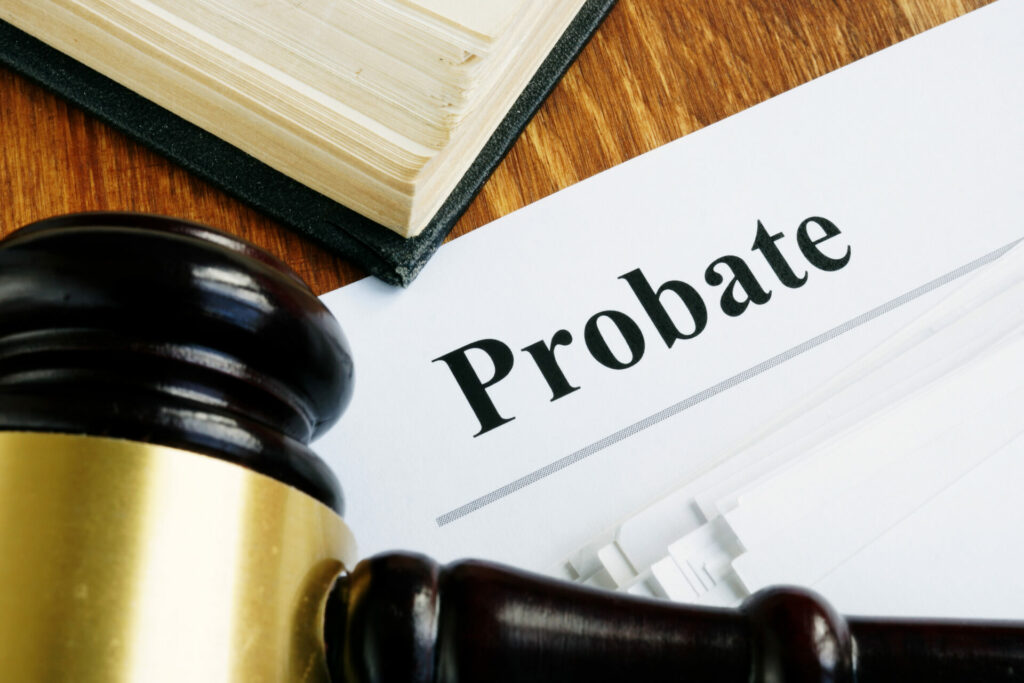Foreclosure is a legal process where a mortgage holder attempts to recover any money owed on a defaulted loan by seizing ownership of the mortgaged property and selling it. Defaulting on a loan means the lendee has failed to pay the principal or interest on a loan. In a foreclosure situation, default is usually precipitated by the borrower missing a set number of monthly payments. It may also occur when specific terms within the mortgage agreement are not met.
Foreclosure laws vary from state to state. In Texas, a lender can foreclose using a judicial or non-judicial method. Judicial foreclosure begins with the mortgage holder filing a lawsuit, asking the court to allow a foreclosure sale. The borrower must respond with a written answer, or the lender will automatically win the case. If you defend against the lawsuit, the court reviews the evidence and determines a winner.
Non-judicial foreclosure is the most common type used, especially with residential foreclosures. Using this method, the lender must send the borrower a notice of default that gives them at least 20 days to pay their loan before a notice of sale can be given. This method is cheaper and faster than the judicial one and is used whenever possible.
Can a Bank Foreclose on a Decedent’s Property?
If a property owner dies with a defaulted mortgage, a lender may still seek foreclosure on the property. However, they must take steps depending on the type of mortgage, whether relief has been sought and what kind, and if the decedent had a will. A lender must name the necessary parties (such as beneficiaries or executors) in any foreclosure proceedings, or they may have delays or have the suit thrown out entirely.
Even though the property is automatically transferred to beneficiaries upon the owner’s death, the property is still subject to the debts of the decedent. When taxes or other claims are on the estate, they apply even after being transferred to another party.
What Happens if I Inherit a Property in Foreclosure?
Unless you are a co-signer or share the title of the property you inherit, you are not required to pay the mortgage of a property in foreclosure out of your own funds. Instead, an inheritor is left with a few options. Sometimes, the decedent’s estate is enough to cover the mortgage. The more likely situation is that you will have to sell the property and use those funds to cover the outstanding mortgage.
If the property’s value is less than the remaining mortgage, an inheritor has the right to refuse to inherit the property and instead leave it to be sold in a foreclosure auction.
What Should I Do if Foreclosure Proceedings Start During Probate?
If a bank begins foreclosure proceedings during probate, there are several steps you can take to forestall the process. First, get in contact with the lender. You will want a copy of any loan documents, and you may also request they delay or stop the foreclosure process. You may request an injunction from the court to give you enough time to sell the property, sell estate assets, or borrow funds to pay off any debt.
You should also speak to an attorney. Because the foreclosure process must be done in accordance with local laws and regulations, as well as following the mortgage contract, someone who can help you understand all these may help find flaws in the foreclosure process that can delay or stop it entirely.
For all your foreclosure questions, call an experienced Texas lawyer now at 281-771-0560.




